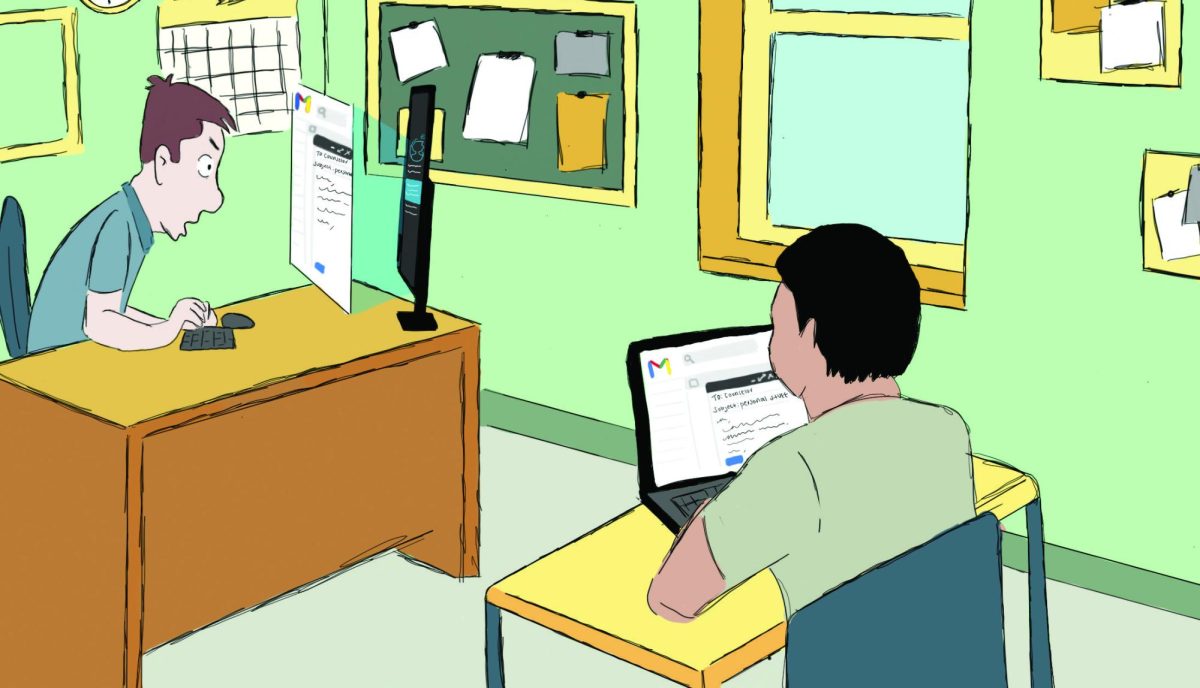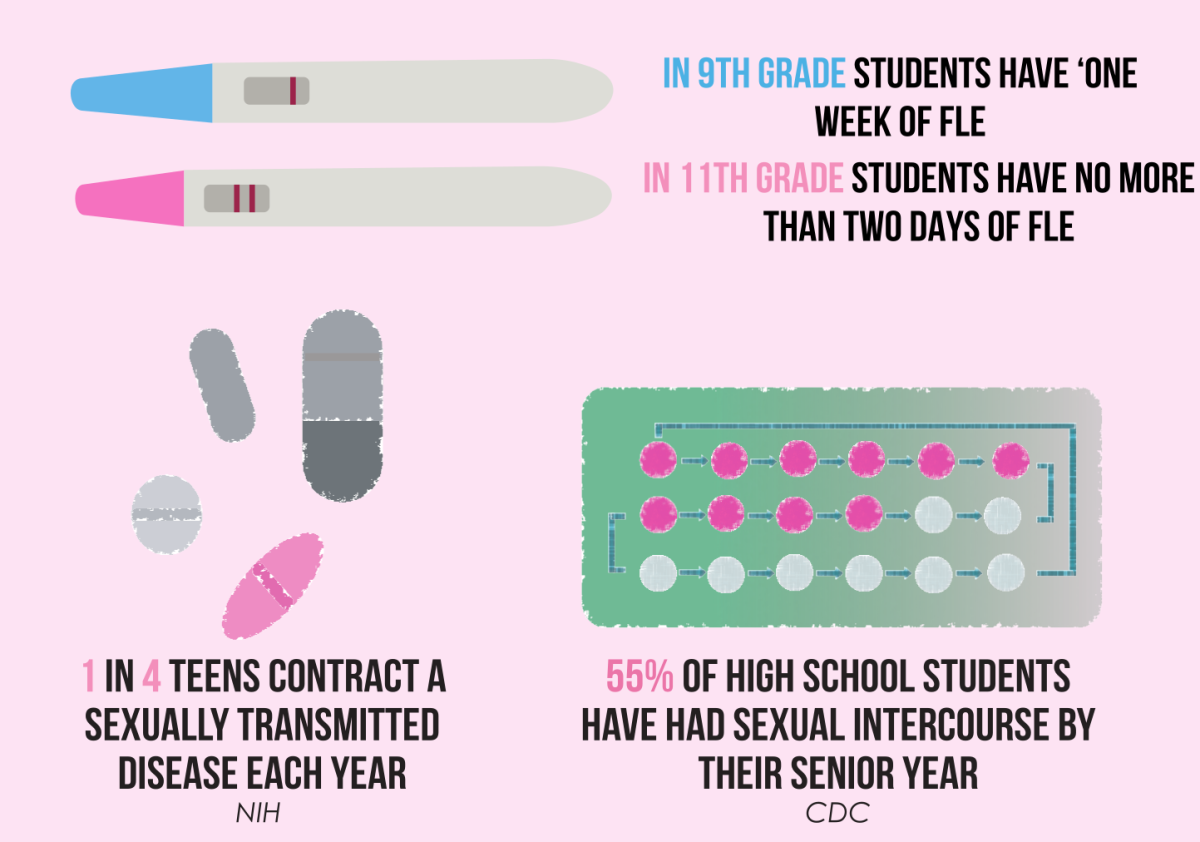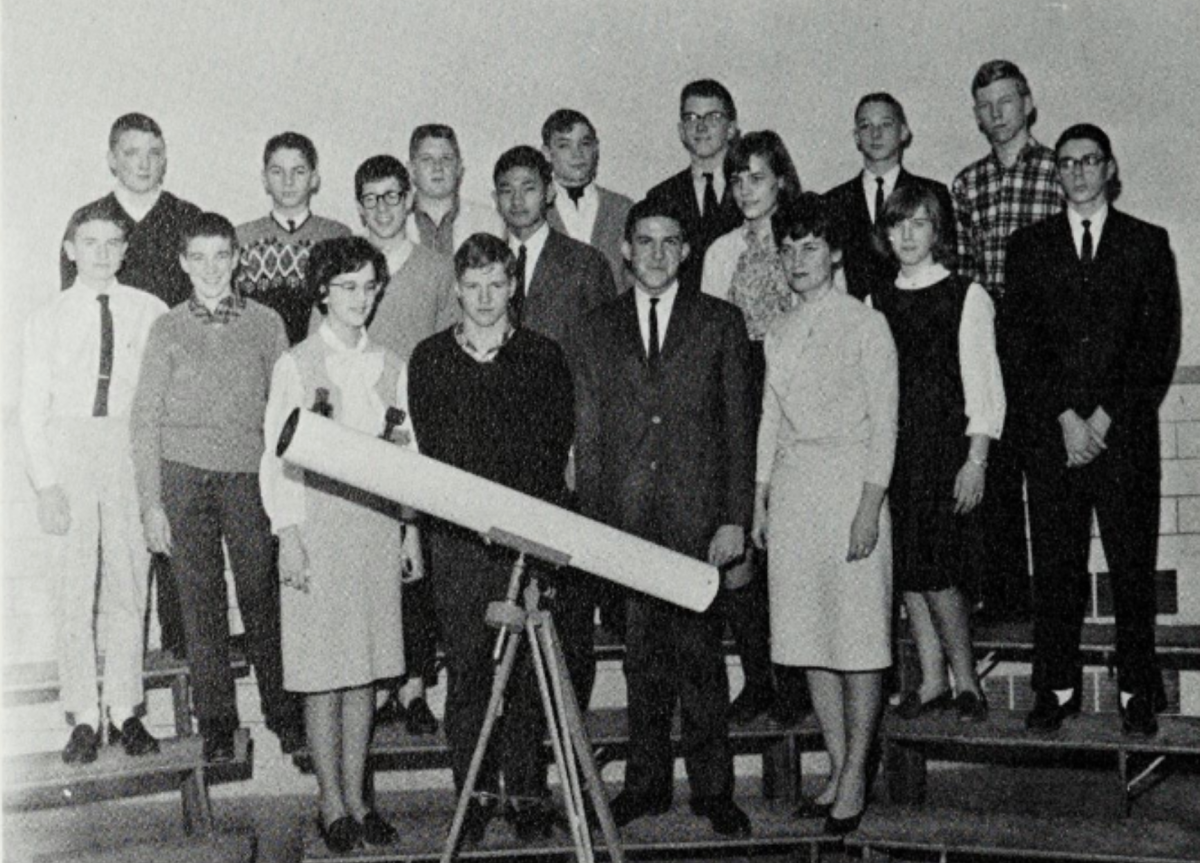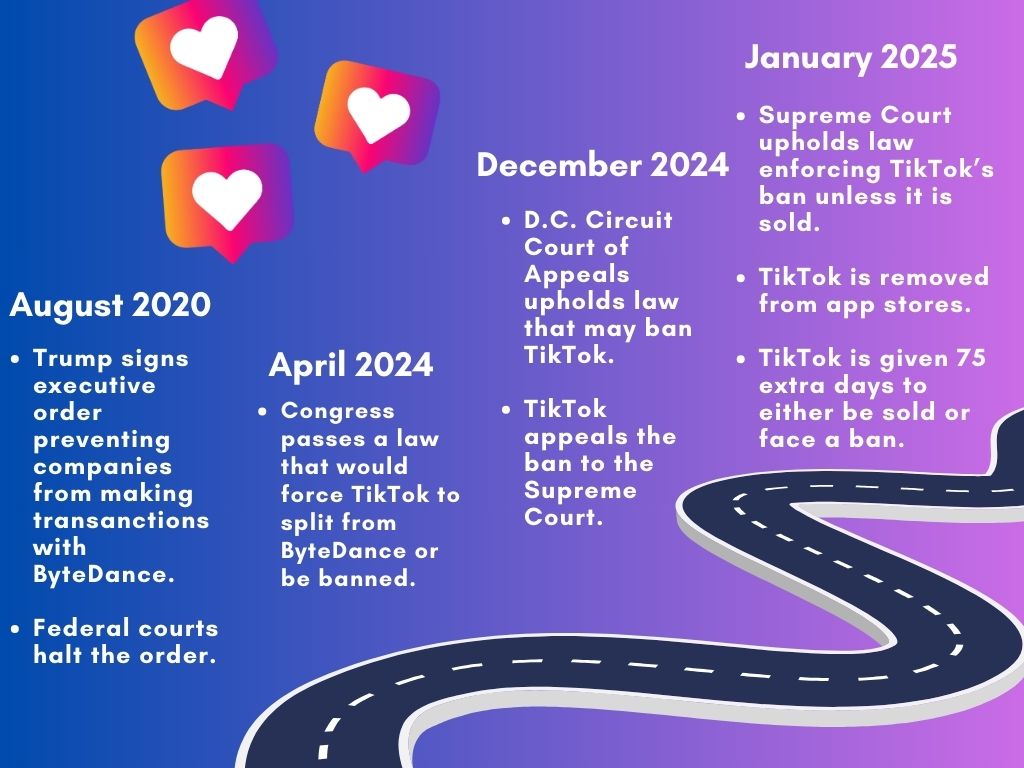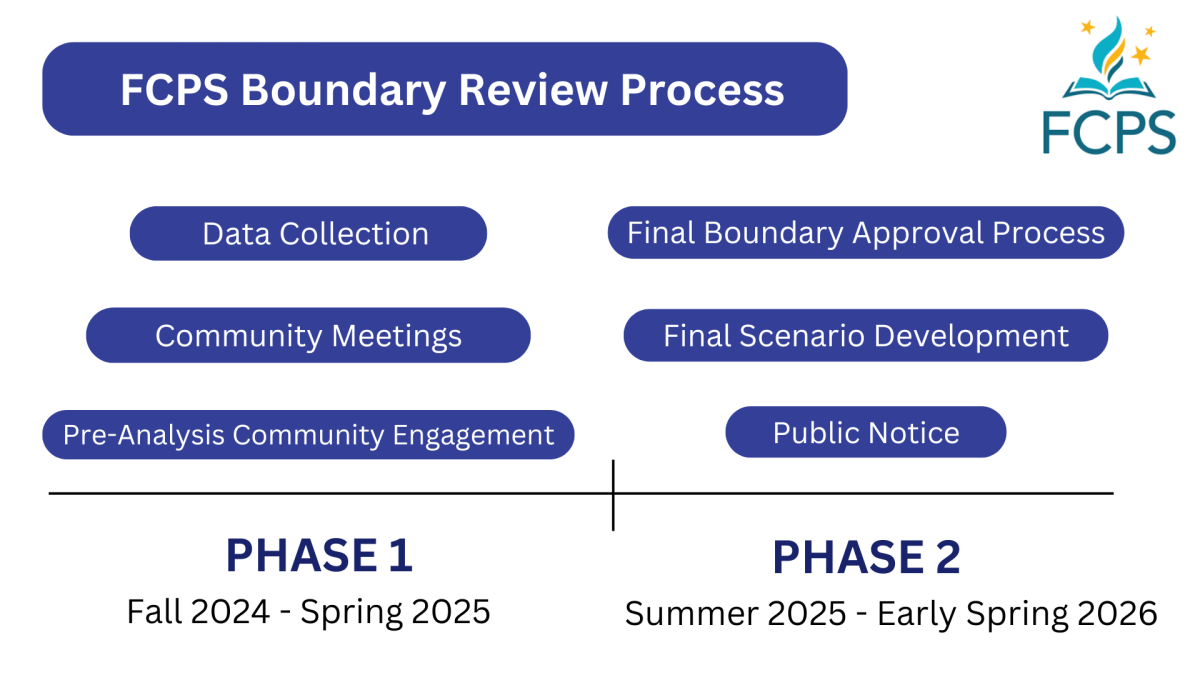This staff editorial represents the opinion of the majority of The Highlander editorial board.
After a pilot program launched in November, Lightspeed Classroom became available to McLean teachers. The application, which is integrated with online class rosters, allows teachers to monitor and control the laptop displays of students in their classes at all times. The various tools give teachers the power to change students’ tabs and record and lock their screens.
Widespread laptop monitoring and manipulation is a grotesque invasion of privacy, and Lightspeed should be removed from all school computers in order to preserve students’ rights and ensure strong relationships with teachers.
It is necessary for teachers to keep an eye on students to protect the integrity of their classrooms, but Lightspeed goes too far. It lets teachers see everything on students’ screens, even personal content like private emails. Giving teachers access to information that does not concern them or their classes is an unjustified breach of privacy that alienates students from faculty.
Although proponents of Lightspeed may argue that students should not be accessing personal information during class in the first place, teachers are able to view tabs with sensitive content, even if a student is not actively on that page. Of course, it should not be assumed that a teacher would intentionally compromise a student’s privacy. However, having the power to do so — literally at a click of a button — is an invasion of privacy in and of itself and a sure route to accidental breaches.
A teacher constantly monitoring a screen is no different than looking over a student’s shoulder for an extended period of time. The action creates an uncomfortable environment for students, which can have a negative impact on academic performance.
“The perception and awareness that you are being constantly watched by the teacher, even on the screen, creates a feeling of discomfort,” junior Ailesh Amatya said. “The pressure of always being watched while I do my work really hinders [my] ability to be productive. I would rather have a teacher walk around the class than have a literal security camera on my screen.”
When teachers use Lightspeed, it puts them in a policing role over students, conveying a clear message of distrust. In a school where most assignments are online, lectures are uploaded to sites like Schoology, and classes are growing in size, students are already distant from their teachers. Tracking students’ screens down to each cursor movement only weakens the already frail student-faculty relationships.
Efforts to control behavior like implementing Lightspeed never address underlying student issues; rather, they make schools more dependent on the surveillance products that companies like Lightspeed Systems are selling them. The fact of the matter is unfocused students will always find ways to distract themselves even without their laptops. They can work on paper handouts from other classes, text under desks and tune out teachers. Lightspeed may reduce the distractions laptops create, but it cannot make students pay attention in class.
Additionally, it is impractical for a teacher to lecture and monitor upwards of 35 screens at the same time. If a teacher needs their class to put away laptops to stay focused, they can just tell their students to do so, and if they don’t comply, they can persuade students with the threat of temporary confiscation like they already do for other distractions. A spying application that encroaches on student privacy is unjustified and unnecessary.
Supporters of Lightspeed at McLean want to install the system to prevent cheating on online tasks. In reality, assessments administered in class are almost always on paper, and online homework is generally completed outside of school, making it unavailable for Lightspeed monitoring. Teachers already use lockdown browsers and applications that restrict window movement like TestNav and Bluebook for the few assessments that are digital, so Lightspeed serves no actual purpose in preventing cheating.
Lightspeed is a violation of student privacy and should be removed from school devices in order to protect students and develop stronger relationships between students and faculty. McLean should redirect its efforts to encouraging class engagement rather than tracking students into submission.


